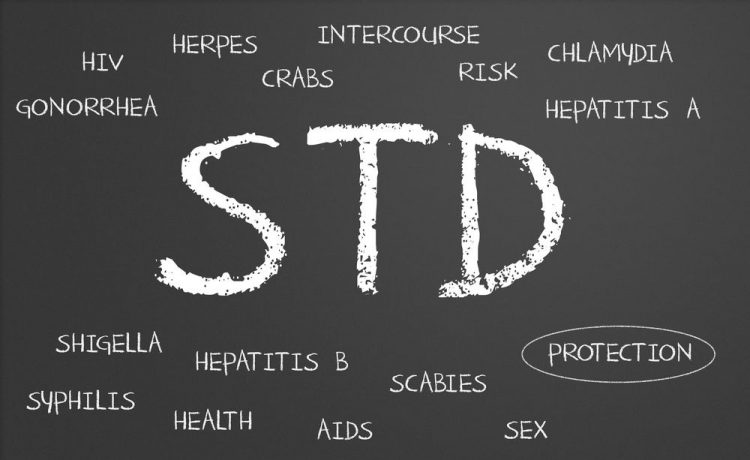STIs are pretty prevalent and can manifest in several ways. Even if some people may not experience symptoms, it is still essential to know the warning indications. Some STIs can cause substantial bodily harm if left untreated and can be transferred to others through sexual contact. Dr. Lucas Egebe Houston can conduct tests and examinations to determine whether you have an STI or another illness. These might include:
- Rapid finger prick evaluations.
- Fluid samples from the vagina, penis, anus, or any developed sores.
- Blood examinations.
- Urine tests.
- Pelvic and physical exams.
The link between STDs and pregnancy
Some STIs can be passed on to a fetus or a baby during pregnancy or delivery. However, this is not true for all STDs. Syphilis can be transmitted to an unborn child, resulting in a severe illness, miscarriage, or stillbirth. Genital warts can potentially be passed on to a child, but this is exceedingly unusual. PID can impact future pregnancies, increasing the likelihood of ectopic pregnancy and causing infertility in one out of every ten persons. Below are some things to consider if you’re pregnant:
- Get tested for STIs, such as HIV and syphilis, to minimize problems and ensure that any infection is diagnosed and treated.
- If you have an STD, consult a healthcare practitioner. They may need to double-check that a drug is safe for you to use or postpone therapy if required.
- It should be noted that a cesarean birth may be required, especially if genital warts make stretching the vagina challenging.
What exactly is donovanosis?
The bacteria Klebsiella granulomatis causes donovanosis. Donovanosis, like other STIs, is spread through vaginal, anal, and oral intercourse. Because it develops large, ulcer-like sores that might eventually harm genital tissues, donovanosis has been dubbed the “flesh-eating STD.” If left untreated, nodules and permanent scars might form. This STI is sometimes misdiagnosed as genital cancer.
Ways of preventing donovanosis
Using barrier measures during sex can help minimize your chances of developing donovanosis and other STIs. External and internal condoms are suggested preventive methods since they protect you and your partner(s) from bacteria-containing body fluids. STIs are not prevented by oral contraceptives such as birth control tablets or IUDs. Only barrier techniques such as condoms can keep STIs at bay. Abstinence is the only method to avoid donovanosis or any other STI entirely. However, by employing a barrier approach, you can significantly lower your risk whenever you have sex with a new partner and are unaware of your partner’s STI status. If you are diagnosed with donovanosis, you should avoid sexual activity until your doctor confirms that the illness has been thoroughly cleaned up.
Most STDs can be treated, but not all are curable. Some are potentially fatal, while others have less significant consequences. They are, however, all the result of an STI. The best way to avoid them is to be checked regularly and practice safer sex. Furthermore, you should obtain prompt medical attention if you test positive. Call Houston Medical-Mental Health Clinic to schedule your consultation today for an STD diagnosis.







